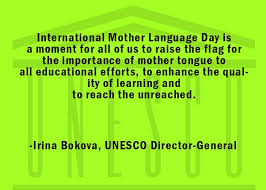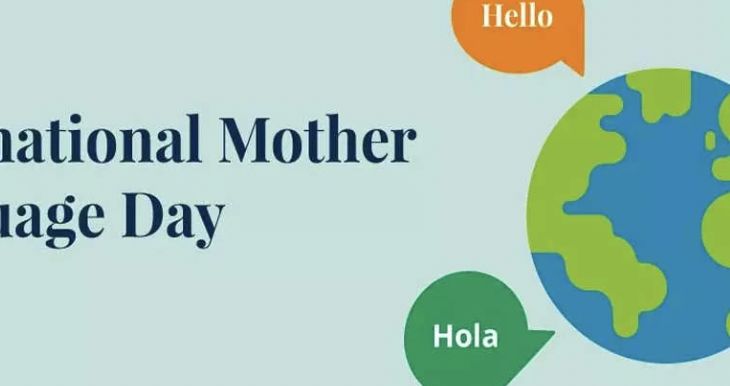International Mother Language Day is a celebration of linguistic diversity and cultural heritage worldwide. It’s a time to acknowledge and appreciate the rich tapestry of languages that connect people to their culture, history, and identity. Language identity plays a crucial role in personal development, shaping our view of the world, and promoting social cohesion. The event is an opportunity to draw attention to the importance of language rights and language recognition, as language is not merely a communication tool but also a cornerstone of cultural identity and personal freedom.
What is the significance of International Mother Language Day?
The day shines a spotlight on the importance of language preservation and the role of language education in fostering multilingualism. It highlights the need for bilingual education and encourages policies that support language diversity. This day reminds us of the vital place indigenous languages hold in our global cultural mosaic, emphasizing the need for their preservation and revitalization. It also acknowledges language minority groups, their rights, and the unique cultural perspectives they bring to our collective human experience.

How did International Mother Language Day originate?
International Mother Language Day originated from a movement advocating for language rights in Bangladesh in 1952 when several students lost their lives fighting for the recognition of Bangla as a national language. In honor of this struggle, UNESCO declared February 21 as International Mother Language Day in 1999, recognizing every person’s right to learn, use, and promote their mother language. This initiative led to a global push for language advocacy and acknowledgment of linguistic diversity.
What are the objectives of International Mother Language Day?
The primary objective is to promote linguistic diversity and multilingualism. It aims to foster language education and encourage language acquisition across multiple languages. It also underscores the value of language documentation for language preservation and language development. Additionally, it advocates for language policies that protect language rights, especially for minority and indigenous language communities. The day promotes the understanding that linguistic diversity can coexist with a shared sense of national identity.
How can we promote linguistic diversity on International Mother Language Day?
Promoting linguistic diversity involves supporting language revitalization efforts and encouraging individuals to take pride in their language identity. It can involve language teaching initiatives, the preservation of oral traditions, and the creation of literary works in different languages. Recognizing and encouraging multilingualism can also be powerful in fostering linguistic diversity. Governments, educators, and communities can leverage technology and digital platforms to promote lesser-known languages and make language education more accessible. The International Mother Language Day is celebrated on February 21st each year.

What events or activities take place on International Mother Language Day?
A range of events takes place worldwide, including language workshops, cultural performances, poetry readings, language competitions, and academic conferences. These events foster a deeper understanding and appreciation of different languages and cultures. Schools and educational institutions may organize special lessons or projects related to mother languages. Moreover, organizations and governments might launch new initiatives aimed at language preservation and language revitalization.
What are the benefits of celebrating International Mother Language Day?
The celebration elevates language recognition and highlights the crucial role of language in preserving cultural heritage. It fosters multilingualism and encourages language acquisition. It is an opportunity to rally behind language advocacy efforts and promote bilingual education. The celebration contributes to building inclusive societies by promoting understanding and respect for language diversity and encouraging the recognition of language minority rights.

